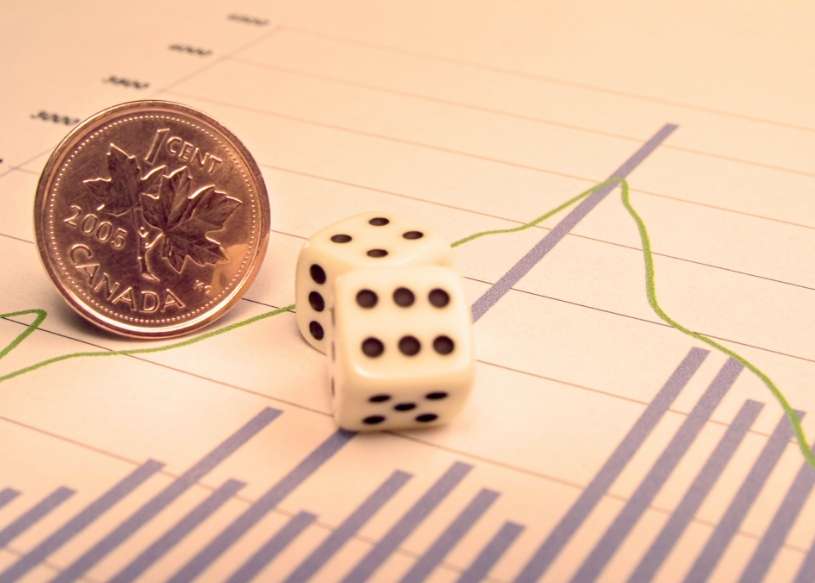Is There a Truth Behind Gold Prices?
Advertisements
The fluctuations in gold prices have attracted significant attention in recent times, raising questions and speculations among investors, analysts, and the media alike. Recently, a rumor has been circulating that JPMorgan Chase, a heavyweight in the Wall Street gold market, has amassed a staggering one trillion dollars in gold short positions. Such a claim, if verified, could indicate a fierce battle between bullish and bearish forces in the gold market. However, the question remains: is this information credible, and what implications might it have for the future of gold trading?
First and foremost, one must acknowledge the enormity of this figure. One trillion dollars in short positions is a colossal amount, and its authenticity is nearly impossible to verify given the opaque nature of financial transactions on Wall Street. This brings to light the fundamental challenge of distinguishing fact from fiction in an arena that thrives on speculation and market manipulation. The secretive dynamics at play deal with not just the price of gold, but also the broader implications on monetary systems worldwide.
Historically, gold has maintained a complicated relationship with the U.S. dollar. The dissolution of the Bretton Woods system in 1971 allowed the dollar to abandon its gold standard, leading to a profound shift in the global financial landscape. Rather than remaining tethered to a physical asset like gold, the dollar transitioned to a fiat currency, supported increasingly by U.S. government bonds and characterized by a complex interplay of military, financial, theoretical, and media dominance. This paradigm shift bolstered the dollar's role as the primary reserve currency globally, resulting in less emphasis on gold as a store of value, despite its historical significance.

Conversations surrounding gold as a viable reserve asset are resurfacing as nations grapple with the implications of such choices. Should countries consider expanding their gold reserves? If so, what would be the potential impact on gold prices and the currencies tied to those reserves? These questions loom largely not just for the U.S., but for nations across the globe. Reports divulging JPMorgan's extensive accumulation of short positions have ignited a discussion about the balance of power between financial institutions and market fairness. Yet, the truth regarding gold prices seems shrouded in ambiguity — some argue it is “controlled,” while others claim it lacks a definitive reality.
So, can Wall Street truly influence gold prices? If it were not for some degree of manipulation, one might theorize that gold prices would have skyrocketed by now. Influencing gold prices involves a delicate process; historically, major financial players like JPMorgan utilize their extensive research and market tactics to steer investor sentiment towards their advantage. This often involves presenting findings that impact public perception and trading behaviors, alongside direct operational maneuvers within commodities markets. Moreover, it is crucial to recognize that these financial giants are closely tied to the Federal Reserve's monetary policies, which can amplify their influence over gold futures priced in dollars.
The emergence of neoliberal ideas has further complicated the landscape. The prevailing narrative pushed by many economists downplays gold's significance as merely a commodity, overlooking its relevance as a sovereign asset. This has been instrumental in decreasing global demand for gold, as central banks and institutional investors gravitate towards perceived modern, productive assets, primarily the dollar-denominated bonds, which embody current economic strategies.
Nevertheless, investing in gold carries substantial risks. The market has shown vulnerabilities susceptible to control by formidable non-market forces, leaving investors to navigate a challenging terrain where external pressures can dictate price movements. In light of rising gold prices that continue to set historical records, one must ponder whether this signals an impending erosion of trust in the U.S. dollar and its associated credit systems. The hesitance of the Federal Reserve to cut interest rates reflects a desire to retain market liquidity and confidence in U.S. treasuries — a necessity, given the increasingly precarious position of dollar-backed assets.
However, this strategy does not appear to be winning over market sentiment. Traditionally, increased dollar interest rates and a strong dollar index would correlate with suppressed gold prices, leading to a seesaw effect where one rises as the other falls. Yet, we are witnessing an anomaly where gold prices are seemingly insulated from fluctuations in the dollar index; regardless of whether the index rises or falls, gold continues to thrive.
This evolving situation is certainly not what U.S. financial authorities anticipate. The accumulation of one trillion dollars in short positions by a powerhouse like JPMorgan raises conjectures about whether this is a defensive measure for the dollar's value or a last-ditch effort to stem the tide against rising gold prices. An inspection of China’s reserves offers an intriguing insight; as of March 2024, data reveals that China holds over 2262 tons of official gold reserves. While we lack precise figures on informal holdings, anecdotal evidence suggests a strong cultural preference for gold among the Chinese populace, reflecting a steadfast belief in its intrinsic value.
As we continue to witness these developments, it becomes imperative to carefully assess the implications of gold market movements on the broader economic landscape. The implications extend beyond simple price changes; they speak to complex relationships between national currencies, investor sentiment, and long-standing beliefs about value. In a world increasingly riddled with uncertainty, it is crucial to understand how the narratives surrounding gold are evolving, and how they influence both individual and institutional strategies in investment.
Leave A Comment